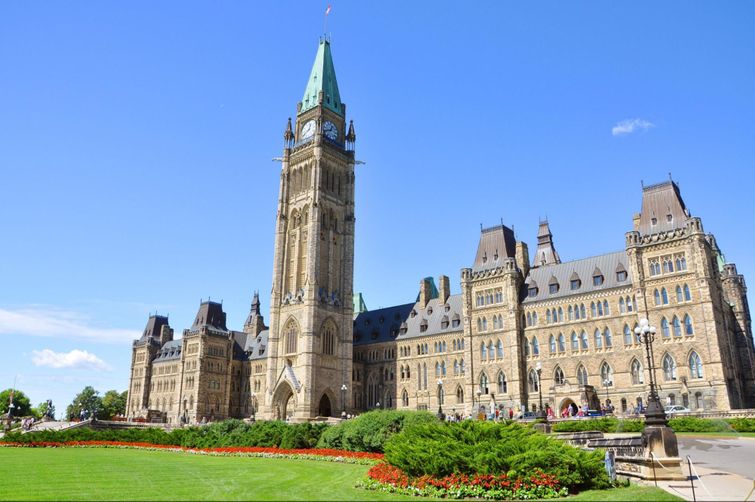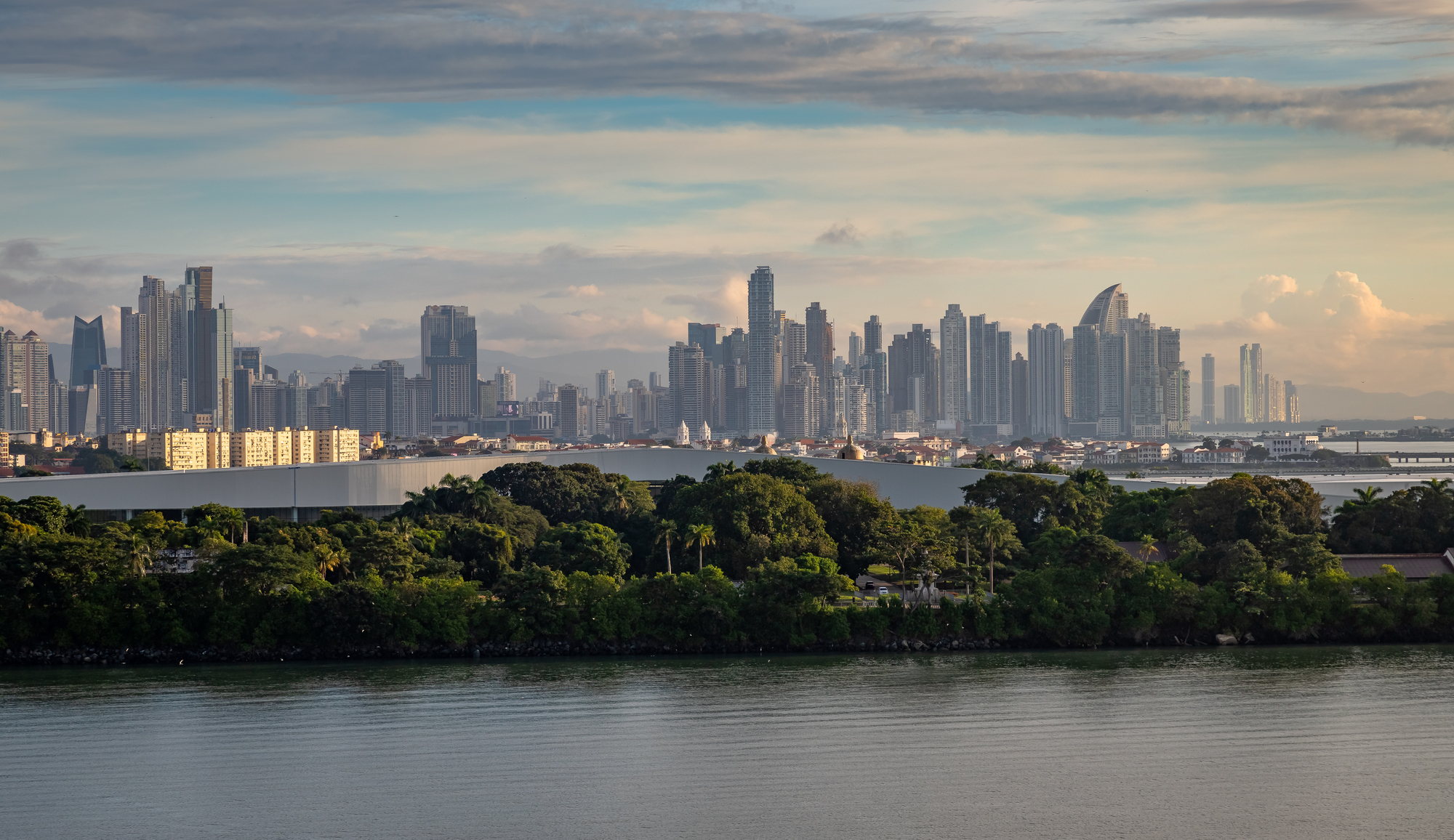The real estate market in Canada has drawn international attention in recent years, with many foreign investors hoping to buy into the market as a place to park their money as well as for potential rental cash flows.
In addition, Canada is a popular destination for immigrants, with many hoping to buy real estate in order to settle in the country. However, before trying to buy a home in Canada, be it for investment or as a residence, there are some things you need to know. Let’s look at what you need to know when looking to purchase in Canada as a foreigner.
What are the different residency statuses in Canada?
In Canada, there are a few distinct legal classes of residents in the country.
Firstly are citizens, who are either granted citizenship at birth or are naturalized. Citizens have the right to enter, remain in, and leave the country freely, and may hold a Canadian passport and vote in elections.
Permanent residents are people who have been granted permission to live and work in Canada permanently and have access to similar social benefits as citizens such as health care. However, a permanent resident in Canada can not vote or run for office or hold a Canadian passport. One must be a permanent resident before applying for naturalized citizenship.
A deemed resident is someone who has stayed in Canada for longer than six months or who has significant residential ties in the country. They have the fewest rights of any residents. For example, if you own and live in a home in Canada and are working towards your permanent residence status, you would be deemed a resident for tax purposes but would lack any other special privileges.
A non-resident is exactly what it sounds like. They do not have permission to permanently reside in the country and do not have access to the rights of citizens or permanent residents. A non-resident may be in the country for under six months at a time or be a fully foreign individual who is living in another country.

Anyone physically in Canada is subject to protection under the charter of rights and freedoms, so these statuses do not mean any loss of personal freedoms. A person of any of these statuses may be required to pay taxes in Canada depending on the circumstance. For example, even a non-resident who owns property in Canada still must file a Canadian tax return.
Can foreigners buy property in Canada?
There is no law that prohibits anyone from buying property in Canada, be they citizens, residents, or non-residents. That means that even as a non-resident who lives full-time in another country, you will be able to buy land in Canada.
Process for foreign buyers in Canada
Though foreign property ownership is legal in Canada, there are some conditions that can make the property purchase a bit more complicated if you are buying as a foreigner.
Speculation taxes
One such condition is the non-resident speculation tax, which so far only exists in Ontario and BC. This tax is designed to make real estate less attractive to foreign homebuyers by adding a tax on any homes purchased or owned by non-residents. In BC, this tax can cost up to 2% of your home’s assessed value while the Ontario tax only applies in the Golden Horseshoe region and costs 15%.
You also will be required to pay higher taxes on any rental income you collect from your property. You will be taxed 25% on any rental income as a non-resident.

Canadian banks will lend to foreigners with some conditions
In addition, non-residents will have a harder time getting financing from a Canadian bank. The conditions are already stringent on citizens and are even more strict for non-residents. You will need to provide a large amount of documents such as bank statements to prove your down payment, your income, your creditworthiness as a borrower, and more.
You will also need to pay a large minimum down payment of at least 35% and are ineligible to take a mortgage with an amortization period greater than 25 years.
Luckily, other costs such as your purchase price, interest rates, and property taxes will be largely the same as a foreigner or a citizen.
Opening a Canadian bank account and signing documents
You will need to visit Canada at least twice in order to purchase a home in the country. Firstly, to open a Canadian bank account in order to receive Canadian financing and again to sign any documents related to your purchase. Power of attorney can not be granted by foreign homebuyers for the purpose of signing real estate documents remotely.
Vacancy taxes can cost a lot if houses are left empty
Finally, if you own residential property in Canada that you do not live in and that remains vacant for a significant amount of time, you may be subject to a vacancy tax. Currently, these taxes are limited to a , however, there are plans to institute a 1% tax nationwide next year. There is a chance that the municipal and federal vacancy taxes will stack on each other, meaning potentially very high taxes.
All of these factors in combination mean that while there are relatively few restrictions for foreigners buying real estate, it will be more difficult and can be more expensive.
Can I stay in Canada if I buy a house?
Simply owning a property in Canada is not sufficient to provide you many benefits when it comes to immigration or applying for citizenship. You will still need to go through the same process and waiting period as any other immigrant to Canada.
At one point, Canada had an immigration investor program that allowed one to achieve permanent residency status through very large, interest-free investments in the Canadian economy. This program was suspended in 2014, however, Quebec still maintains its own version of the program.
Should foreigners be allowed to purchase houses?
With Canadian property prices growing increasingly unaffordable for many Canadians, and housing supply hitting new lows, many have pointed to foreign ownership as one of the major issues in the market.
New regulations such as vacancy taxes indicate that things may not be so friendly to foreign owners for much longer. In the recent federal election, housing market concerns were one of the largest policy issues for Canadians. Restrictions on foreign ownership were popular across party lines, with most major parties proposing some restrictions on the practice.

Trudeau’s liberal party vowed during the election to put a hold on new foreign ownership for two years to allow Canadians a better chance to buy a home and help the country recover from COVID-19. As of now, the ban has not been implemented, though, with such wide support across the political spectrum, it seems safe to assume it will come soon.
When it comes to the question of whether or not Canada should allow foreign investors to buy property it is often justified by blaming many of our current issues on foreign investment. There are other arguments however that scapegoating foreign investment essentially ignores bigger .
For example, while reports show a large amount of homes are being , many of these investors are themselves Canadian citizens, as real estate assets have become one of the most popular investment choices for Canadians. The concern is that while limits on foreign buyers may reduce some of the impacts on the Canadian market, they can not be expected to solve all the issues alone.
Despite recent moves to lower foreign demand, issues in the real estate market are still as prevalent as ever, so clearly there are larger issues at play.
Corben joined CREW as a relative newcomer to the field of real estate and has since immersed himself and learned from the experts about everything there is to know on the topic. As a writer with CREW, Corben produces informative guides that answer the questions you need to know and reports on real estate and investment news developments across Canada. Corben lives in Guelph, Ontario with his partner and their two cats. Outside of work, he loves to cook, play music, and work on all kinds of creative projects. You can contact Corben at corben@crewmedia.ca or find him on Linkedin at https://www.linkedin.com/in/corbengrant/.









